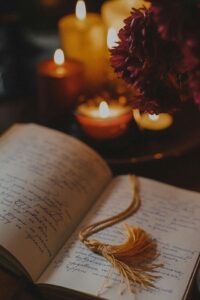April is National Poetry Month, the largest literary celebration in the world. Launched by the Academy of American Poets in 1996, National Poetry Month’s goals are to honor the vital role poets and poetry play in our cultural identity and to celebrate the beauty and power of language. This booklist highlights five works of fiction written by poets. The books on this list offer readers stories that are intriguing, dark, poignant, witty, and satirical – all in language that possesses the sensorial and evocative qualities of poetry.
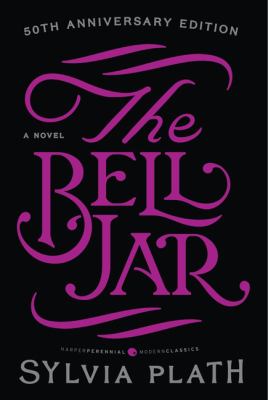
The Bell Jar by Slyvia Plath
The Bell Jar is the only novel written by American poet Sylvia Plath. The novel tells the story of Esther Greenwood, a 19-year-old undergraduate from Boston, as she experiences a mental breakdown during a summer internship with the fictional Ladies’ Day magazine in New York City. Esther is ambitious but finds she cannot feel anything about the work she’s doing for the magazine or for the bustling world of fashion and society the internship immerses her in. Plath’s novel is witty and dark, and deals with themes of women’s roles in society, identity, and mental health. After years of struggling with her own mental health issues, Plath took her own life, and many critics draw parallels between The Bell Jar’s storyline and Plath’s lived experiences.
Read Plath’s poetry in The Collected Poems, The Colossus & Other Poems, Ariel, Crossing the Water, and Winter Trees.
The Bell Jar by Slyvia Plath Book
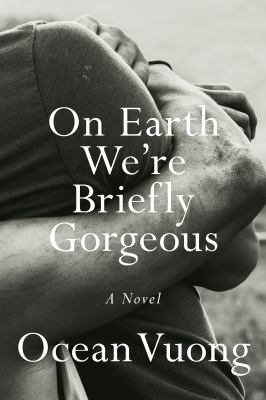
On Earth We’re Briefly Gorgeous by Ocean Vuong
Vuong’s first novel is written in the form of a letter from a son (Little Dog) to his mother (Hong/Rose) — though she is illiterate — and chronicles their family’s history, which is deeply rooted in Vietnam. The novel deals with issues of post-traumatic stress disorder, loss, identity, single parenthood, addiction, and offers an intimate and devastating look at familial relationships. At its heart, On Earth We’re Briefly Gorgeous is a story about the love between a son and his mother and the power of storytelling. Vuong is an American poet born in Ho Chi Minh City, Vietnam who was awarded the TS Eliot Prize for his poetry and was a 2019 recipient of the MacArthur Genius grant.
Read Vuong’s poetry in his collections Night Sky with Exit Wounds and Time is a Mother.

10:04 by Ben Lerner
The narrator of American poet Ben Learner’s second novel is a young and successful writer. After receiving a potentially devastating medical diagnosis, the unnamed narrator is asked by his best friend to conceive a child with her. These events lead the narrator to a reckoning between his past and present. Set against the backdrop of a New York City facing increasingly frequent super storms and political unrest, the narrator must also confront the volatility of his (and everyone’s) future. 10:04 explores multiple plot lines and immerses the reader in Lerner’s sophisticated, playful language.
Read Lerner’s poetry in The Lights, Angle of Yaw, The Lichtenberg Figures, and Mean Free Path.
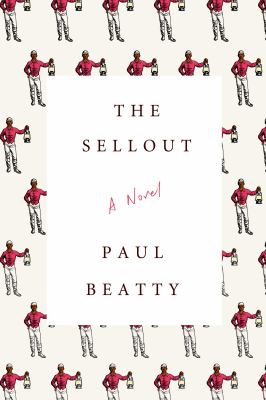
The Sellout by Paul Beatty
A work of biting satire on race relations, Beatty’s The Sellout is about a young man’s isolated upbringing, the death of his father, the disappearance of his hometown, and a race trial that lands him in front of the Supreme Court for trying to reinstate slavery and segregation. Beatty’s book is not for the easily offended. His characters will – and do – say and do anything. The New York Times called the novel “…a metaphorical multicultural pot almost too hot to touch.” The Sellout won the 2016 Man Booker Prize, making Beatty the first American winner of the prize.
Read Beatty’s poetry in Big Bank Take Little Bank and Joker, Joker, Deuce.
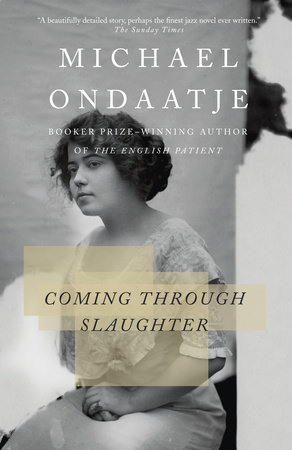
Coming Through Slaughter by Michael Ondaatje
From the Booker Prize-winning author of The English Patient, the novel Coming Through Slaughter tells the fictionalized story of the life of Buddy Bolden, trumpet player and New Orleans jazz pioneer. In this experimental work of prose, Ondaatje uses his own poetic prowess and the rhythmic structure of jazz to chronicle the last months of Bolden’s sanity through fragmented, often displaced scenes that allow readers to experience Bolden’s increasingly wild and erratic state of mind.
Read Ondaatje’s poetry in The Story, Handwriting, The Cinnamon Peeler: Selected Poems, Secular Love, There’s a Trick with a Knife I’m Learning to Do: Poems 1963 – 1978, The Collected Works of Billy the Kid, and A Year of Last Things.

